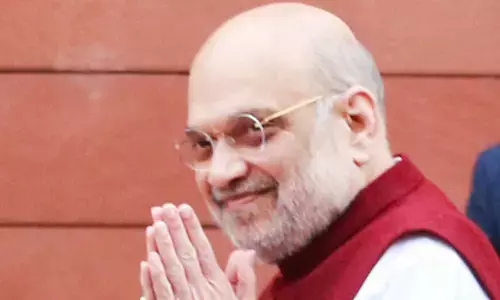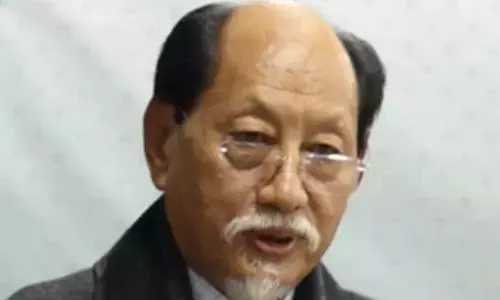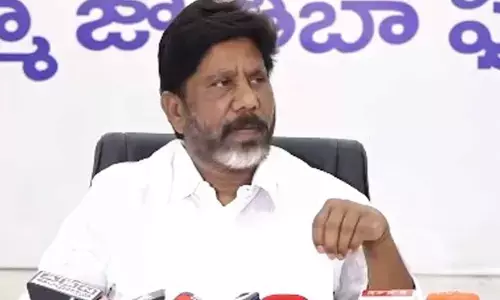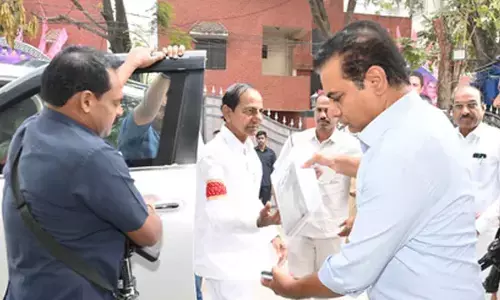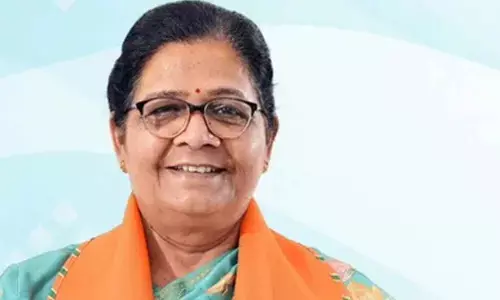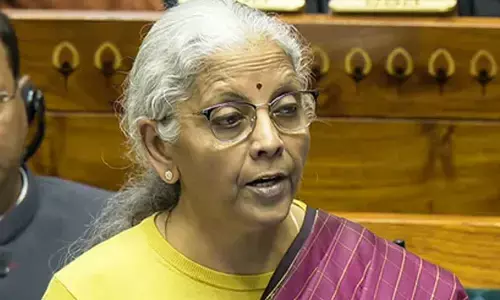New drug rules, regulatory procedures boost scientific research as per global practices: Centre
Share :
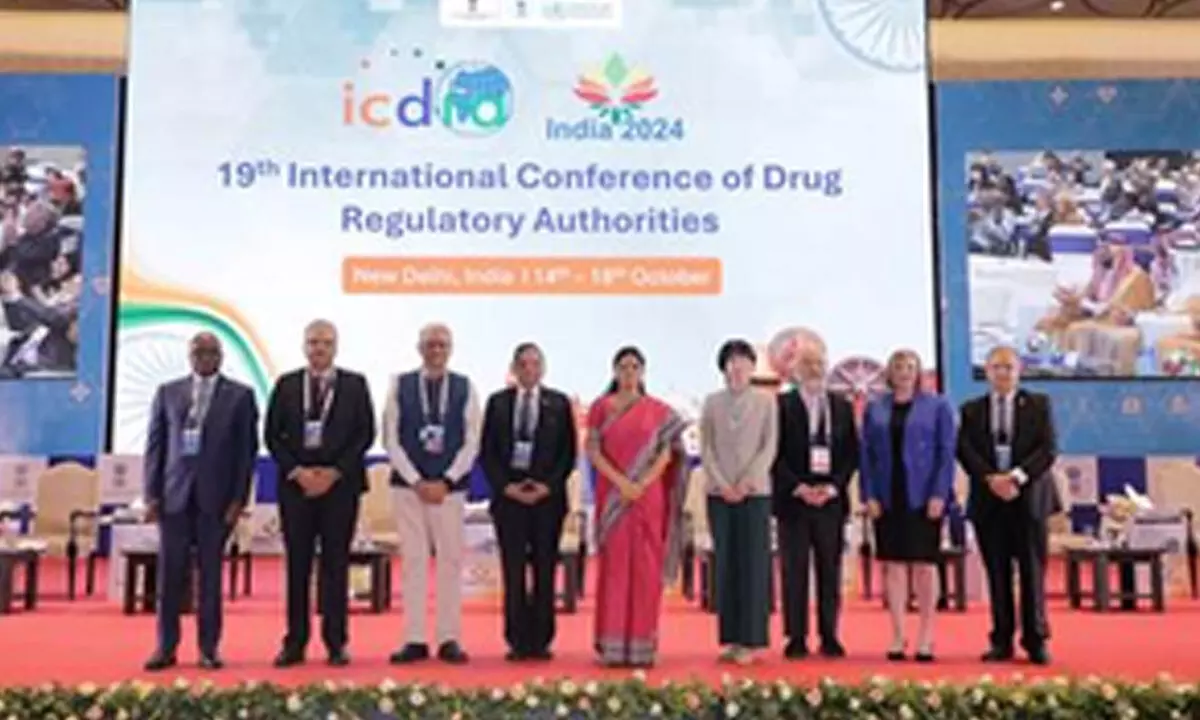
New drug rules and regulatory procedures introduced in India have promoted scientific and ethical research at par with global expectation and international practices, the government said on Wednesday.
New Delhi: New drug rules and regulatory procedures introduced in India have promoted scientific and ethical research at par with global expectation and international practices, the government said on Wednesday.
Addressing at the 19th International Conference of Drug Regulatory Authorities (ICDRA) in the national capital, Union Minister of State for Health and Family Welfare, Anupriya Singh Patel, said the conference is crucial in sharing knowledge, building partnerships and working in harmonisation to ensure safe and effective medicines for everyone.
“Our efforts can lead to better health outcomes for people all over the world. The ICDRA is not just a conference; it is a chance for us to collaborate, innovate, and support one another in our shared mission for better health for all”, said the minister.
The conference is being hosted for the first time in India by the Central Drugs Standard Control Organisation (CDSCO), in collaboration with the World Health Organisation (WHO).
The country has introduced New Drugs and Clinical Trial Rules 2019 and Medical Device Rules 2017.
According to the minister, the medical device rules in India include risk-based classification, bringing all devices under regulation through registration and framing regulatory pathway.
“There is robust pre-approval and post approval regulatory procedures of all medical devices, diagnostics managing product lifecycle indicating robust control. We are collaborating with international organisations such as the International Medical Device Regulators Forum (IMDRF), ISO, WHO and regional network like SEARN (South-East Asia Regulatory Network) to harmonise regulatory requirements in the area of medical devices and diagnostics,” Patel told the gathering.
India has recently been recognised as an affiliate member of IMDRF.
“Recognition of Indian Pharmacopoeia by the Pharmacopoeial Discussion Group (PDG) is another milestone marking the harmonisation and recognition of regulatory standards”, the minister informed.
On the Centre’s commitment to healthcare, the minister said that programmes like Ayushman Bharat ensure that over 500 million people have access to quality healthcare.
Dr VK Paul, Member (Health), NITI Aayog, said “quality medicines improve the quality of life, human productivity as well as the way of life.”
He highlighted the efforts being taken on healthcare sector by the present government such as the launch of the world’s largest health assurance scheme and a massive effort being taken in digital health.
Dr Paul informed that India licensed eight vaccines for use during the pandemic through a proper regulatory process.
Dr Rajiv Bahl, Secretary, Department of Health Research and DG, ICMR, that in the first three months of the pandemic, India developed indigenous tests at one-fortieth of the cost.
“Similarly, within nine months of the pandemic, India approved a Covid-19 vaccine,” he said, adding that three diagnostic tests have also been developed for MPox which were approved by CDSCO.
Dr Yukiko Nakatini, Assistant Director-General, WHO noted that one urgent need highlighted by the pandemic was the need for a strong regulatory system.
Dr Yukiko also congratulated India for its achievement of retaining ‘Maturity level III’ for vaccine regulation.
Kimberlee Trzeciak, Deputy Commissioner, US Food and Drug Administration (FDA) highlighted the opportunities and risks brought about by the introduction of advanced drug manufacturing practices as opposed to the traditional methods.







